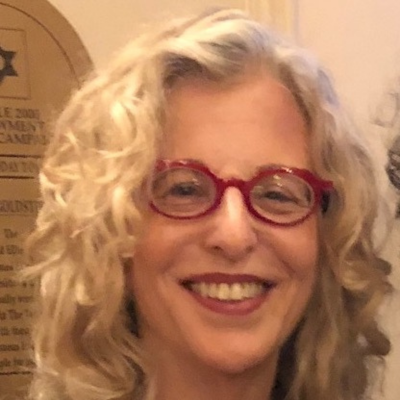You may be familiar with the notion about the wounded healer, popularized by the author Henri Nouwen in his book by that name. He asserts: “When we become aware that we do not have to escape our pains, but that we can mobilize them into a common search for life, those very pains are transformed from expressions of despair into signs of hope.”
Those of us in spiritual and psychological healing professions who delve into our own souls undoubtedly discover a deep wound that motivated us to choose our “calling.” During our lifetimes, we devote ourselves to helping others overcome their hurts.
On the other end of the spectrum, we find individuals who, traumatized and/or neglected during their childhood, strive to overcome their pain by dominating others, sometimes to such an extent that their search for recognition goes as far as imperiling nations. We have seen them throughout history, and we are witnessing several at this very moment. They have become ubiquitous and are terrifying. Among the goals of these despotic leaders is to steamroll our values as they seek greater control over our lives. And, even more devastating, hordes of supporters stand behind them regardless of the havoc these authoritarians create. They egg each other on. The wounded rouse the zealots, and the zealots manipulate them.
Find more commentaries on Ki Tetze.
Israel is a traumatized society, currently in the grip of leaders who would rather practice a politics of grievance than pursue healing. It is now our responsibility to lean into the paradigm of the wounded healer and do what we can to transform pain “from expressions of despair into signs of hope.” The Torah, in this week’s parshah, gives us guidance on how and why to lean in. Amidst a long series of civil, family, and criminal laws, the beginning of Deuteronomy 22 presents the laws of “lost and found,” so to speak.
“You may not observe your fellow Israelite’s ox or sheep gone astray and ignore it; you must take it back to your peer.” (Deuteronomy 22:1) Commenting on this verse, Rashi, the classic Torah exegete, admonishes us, “Do not avert your eyes as if you don’t notice it.” This statement is a lynchpin to the current crisis in Israel and our responsibility as Jews in the diaspora. Despite what Israeli nationalists are saying, we must take notice! We may not turn away and pretend that we do not see what is happening!
Deuteronomy 22:2 extends this obligation to apply even “if your fellow Israelite does not live near you or you do not know who they are.” Some might say we as diaspora Jews are not close enough — either geographically, politically, or socially — to the matter to stick our noses in. Not so, the Torah says.
Deuteronomy 22:3 further reinforces and generalizes the notion of taking responsibility for others: “…Anything that your fellow Israelite loses, and you find: You must not remain indifferent.” That, perhaps, is the key takeaway.
Finally, Deuteronomy 22:4 enjoins us: “Do not observe your brother’s…ox collapsing on the road and ignore them. You must surely lift it up with him.” This adds another layer to the previous obligation: Do it as a team. Support one another. Stand with Jews throughout the world, especially Israelis, to return Israel to its democratic roots.
Find more commentaries on Democracy.
In these four verses, the Torah repeats itself, emphasizing that we may not run away. It also recognizes the human tendency to look the other way when effort is required or there is potential for trouble — from something as minimal as picking up a dropped glove and handing it back to the owner to demonstrating against oppression. Do not give in to this tendency, the Torah admonishes. We are required to act, which becomes one of the most fundamental values of Judaism.
As spiritual leaders, we face an immense challenge in dealing with the current crisis in Israel. Old paradigms fall to the wayside as we see losses mounting for the Israel we knew, even with its imperfections. We must harness the energy that transformed our lives from hurt to healing to mending the torn society that Israel has become. If we look away, we will all suffer the consequences of deep woundedness now and in future generations
Rabbi Judith Edelstein, D.Min., is a community rabbi and educator in New York. She focuses on kiruv, life cycle events, and teaching Mussar.

